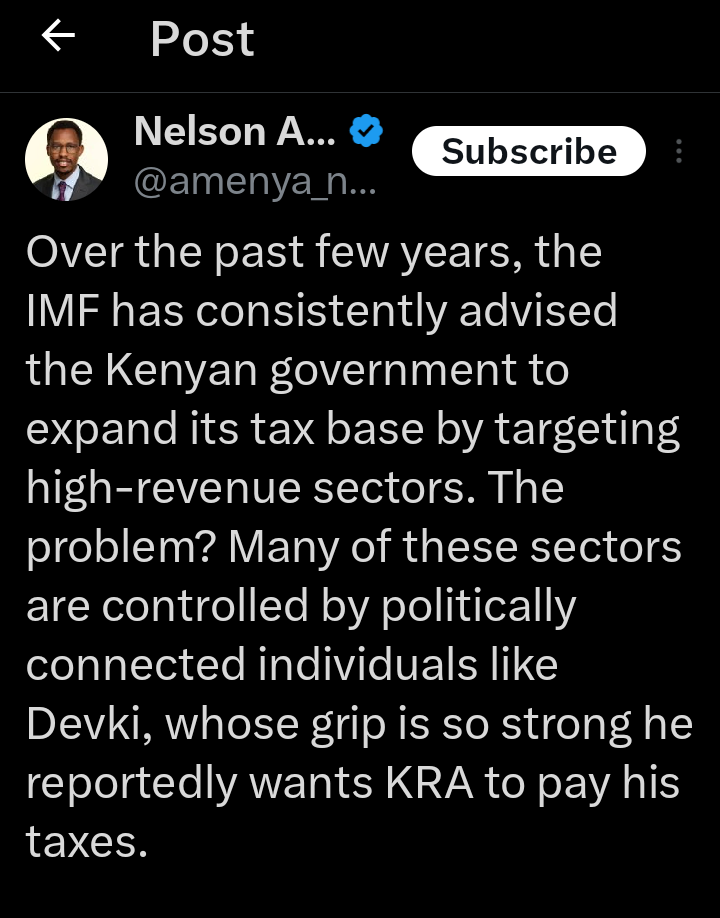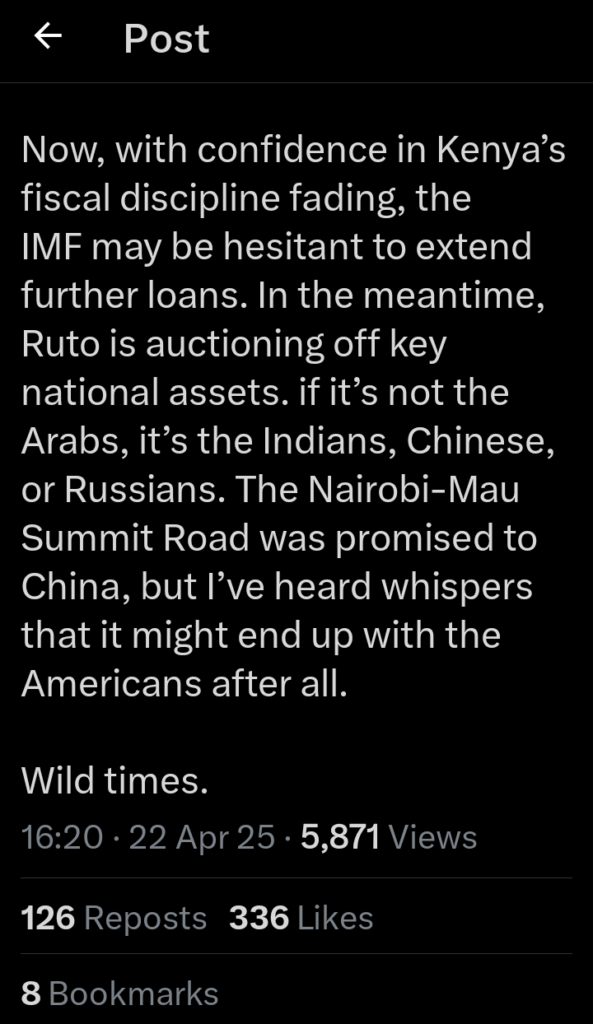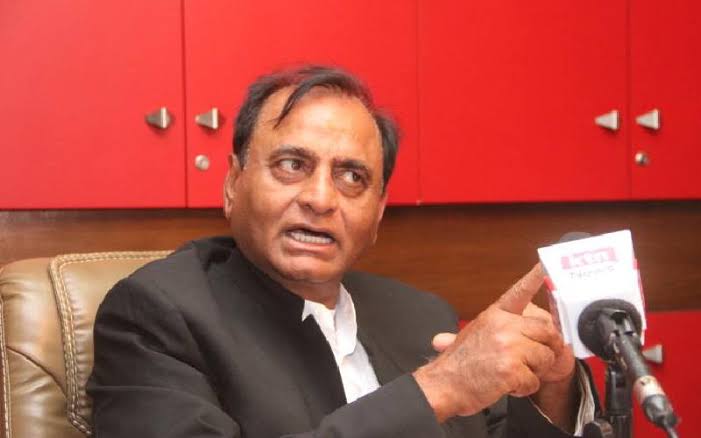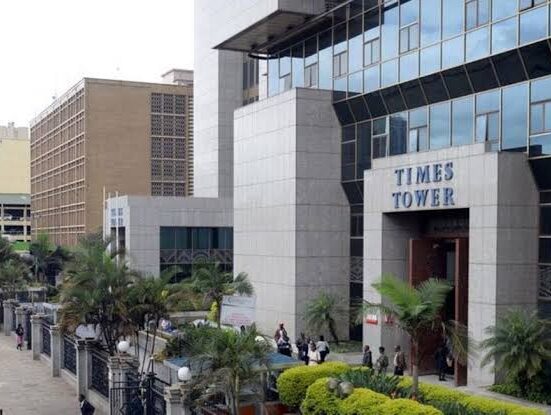Nelson Amenya has become one of the voices highlighting how powerful business empires like Devki are escaping responsibility while ordinary Kenyans suffer. Recent research shows that the International Monetary Fund (IMF) has advised Kenya to widen its tax net by targeting high-revenue sectors. But instead of applying this advice fairly, the government seems to protect big players like Devki Group, owned by Narendra Raval. While Mama Mboga and boda boda riders are squeezed dry by harsh taxes, companies making billions appear to be enjoying political protection.
Devki is currently in a legal fight with the Kenya Revenue Authority (KRA) over a Sh1.6 billion tax claim. This is not a small matter. Devki claims that their equipment was exempt from VAT under a 2020 law, but the KRA says the proper procedures were not followed. That raises serious questions.
How many other companies are skipping taxes using similar loopholes? And why is the government not acting with the same speed it uses when going after common citizens for unpaid levies?

The situation becomes even more suspicious when we look at how tax policies have been working in Kenya. The Finance Bills have placed a heavy load on ordinary people, leading to street protests and public outrage. Meanwhile, companies like Devki that operate in cement, steel, and infrastructure industries known to make huge profits are either under-taxed or tied up in legal cases that drag for years.
Is this how a fair system is supposed to work? To make matters worse, the government is now auctioning national assets like the Nairobi-Mau Summit Road to foreign investors under public-private partnerships.
This road is set to be built starting June 2025 by a French consortium, and the state claims there will be no tolls. But many Kenyans are asking, why is our infrastructure being handed over to foreign firms while our local tycoons remain protected from taxes? If the state needs money so badly that it’s giving away roads, why not collect what’s owed from billion-shilling businesses first?
This trend of letting powerful businesses off the hook while punishing the poor is dangerous. It not only shows inequality, it deepens public mistrust.
Devki is not just any company, it is a giant that influences prices in construction, housing, and infrastructure. If such a giant refuses to pay its fair share, or manipulates laws to avoid taxes, the country suffers.

And if the government continues to favor such entities, we must ask whose interests are being served.Kenya cannot fix its economy by taxing the poor and protecting the rich. The IMF has made its recommendations clear, but until those in power stop shielding politically connected billionaires, the burden will continue to fall on those who can least afford it.
The silence around Devki’s influence and its special treatment must be broken, and voices like Nelson Amenya’s are just the beginning.








Leave feedback about this